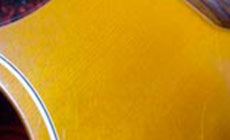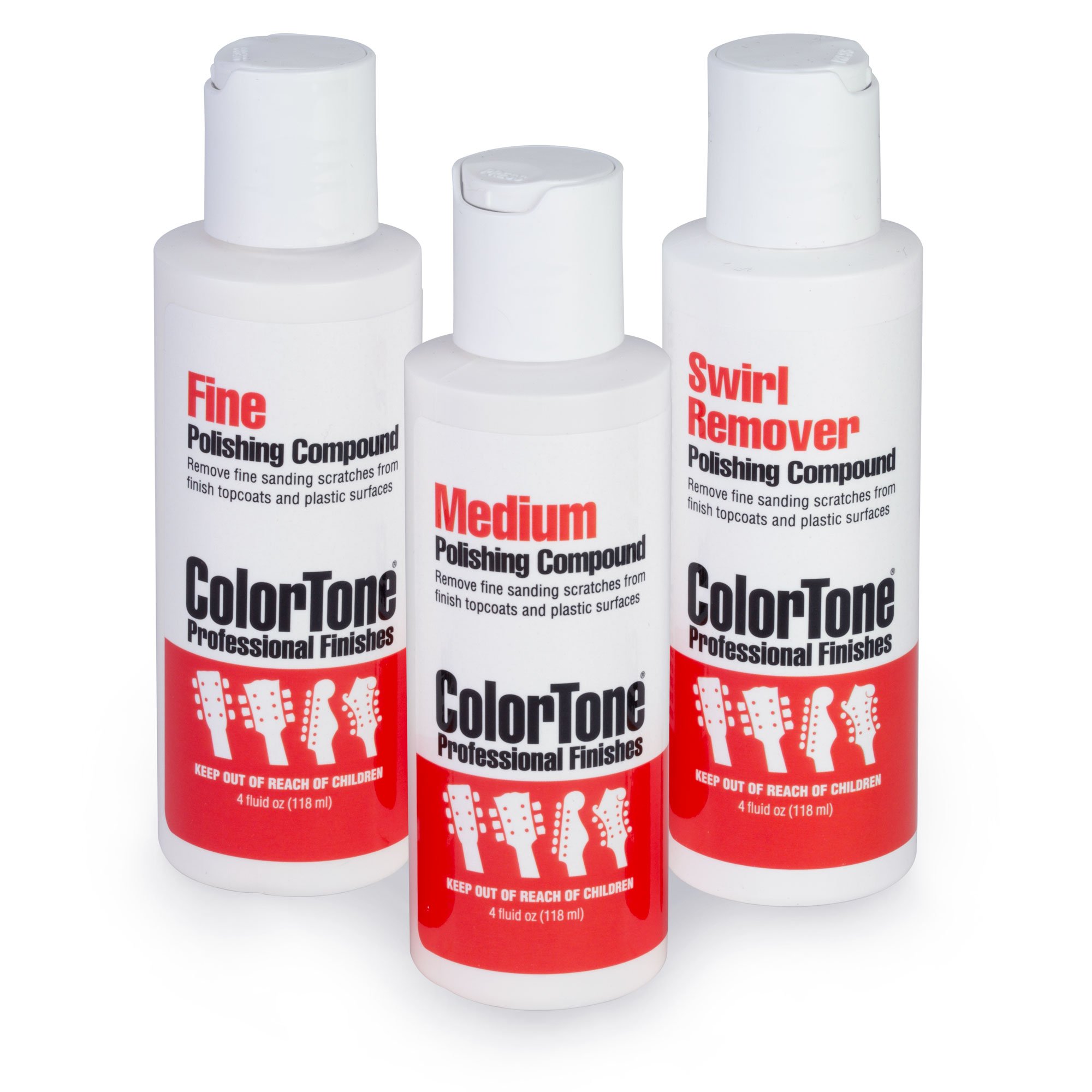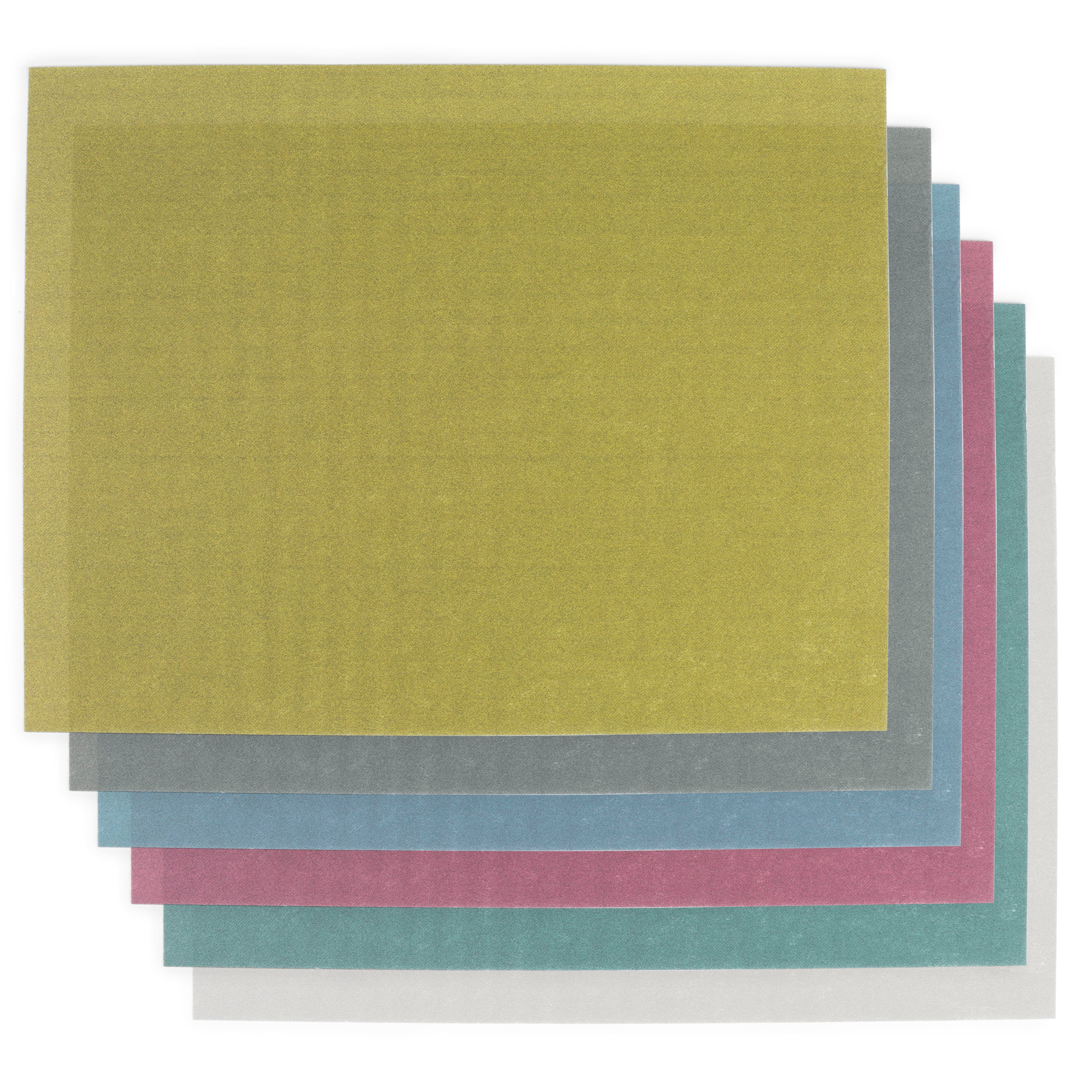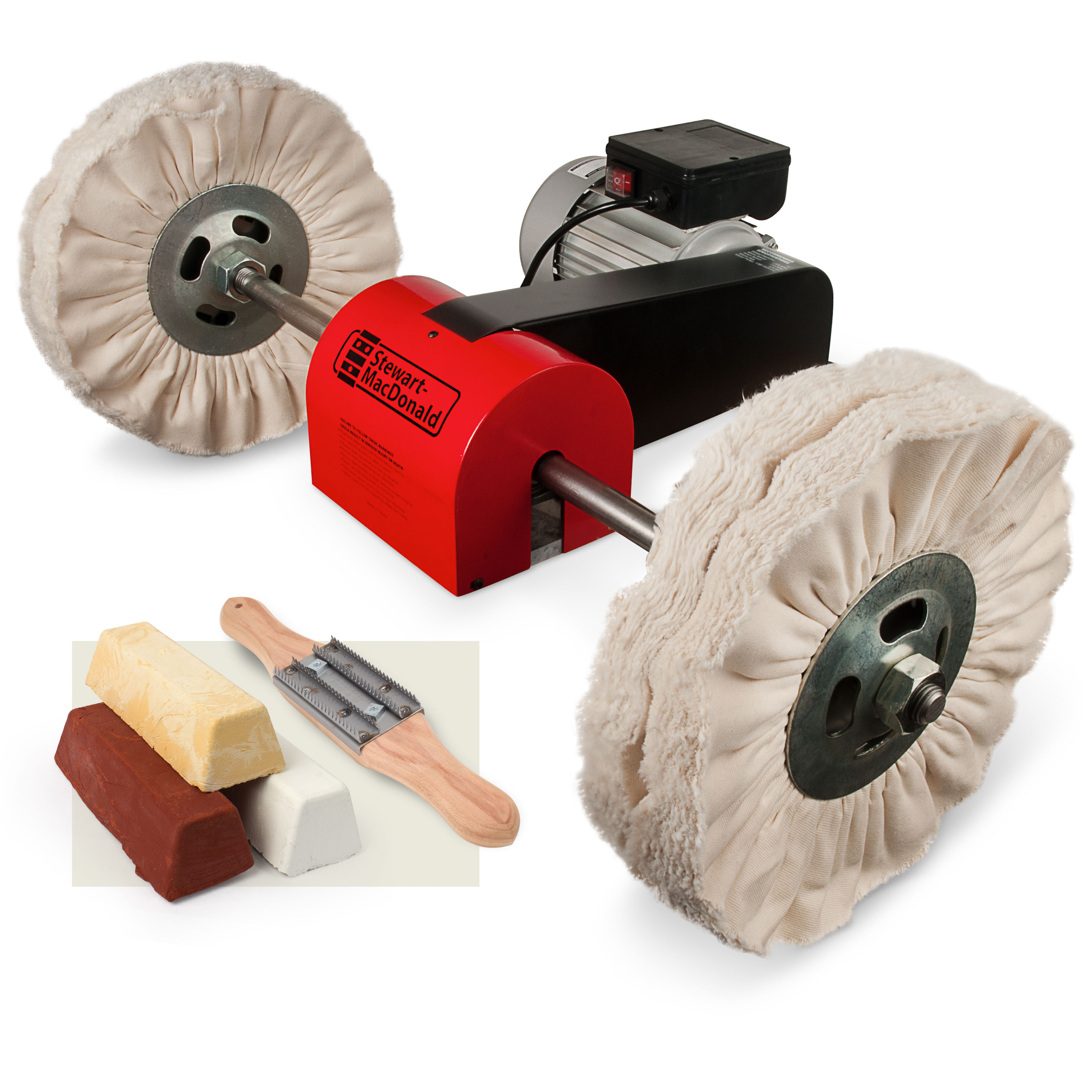Whoops! How to hide a scratch in your big brother's guitar
This is Rowan, who lives down the street from me. He’s not supposed to be playing that Gibson, and he knows it. That’s his big brother’s pride and joy. Rowan’s in trouble: he put a chip in the guitar. So he came to see me... Rowan’s older brother is very protective of his guitar. He knows every little chip in this finish, except for the one that Rowan just put there while flatpicking with a lego. Rowan wants to know if I can hide the damage. I've decided to help him with his life of crime, and see if I can fix this without anybody knowing. That’s a pretty noticeable chip he’s got there! Clean through the lacquer down to the bare wood. It's smack dab in the middle of the sunburst, so it’ll require a good color match to get an invisible repair. I’m using something new on this one: touchup pens. I’ve been looking for the perfect chance to try out this set of ColorTone pens, and that time is now! It’s a set of five: one clear lacquer pen and four markers in our most popular stain colors. These are the classic Gibson sunburst tones, plus cherry red. You simply color the bare wood to match using the markers, then drop fill some clear lacquer. Let’s get going, before Big Brother’s back in town. Here’s a quick test of the vintage amber pen on a scrap of unfinished spruce: it’s a dead-on match to the center of this classic Gibson sunburst. All I need to do is tint the bare wood with the marker to match the surrounding color. In this case, a little touch did the trick; I could get a darker tone with more passes of the marker. I’m going to touch up the finish with the clear lacquer pen now. With unstained wood I can apply the lacquer pen straight to the repair, but I’ve put Vintage Amber on this spot. I don’t want to wipe the tip of my lacquer pen on the amber, so I’m going to do a drop fill with the pen. I’m pumping out a little bit of lacquer into the bottom of an upside-down shot glass. This creates a tiny pool of lacquer to dip the tip. More working room. Motor included. Ideal RPM for instrument finishing. Check out our StewMac Guitar Buffer. After dipping the pen tip, I’m holding it just above the area to be filled. The lacquer drops from the tip of the pen without any of the stain migrating up to the tip! It takes a few drops to fill the chip, with several hours between for drying. Once the chip is filled, it’s important to let it dry really well. In this case, it dried for three days. (It’s a good thing that Rowan’s brother is away at college!) When the drop-fill is dry, I level the fill and polish it with the strip-sand method: pulling flexible polishing papers across the spot under fingertip pressure. At least, that’s what Rowan thinks. He doesn’t know I've signed up his bro’ for a Trade Secrets subscription. Right about now, I think they'll be having a little brotherly chat...This guy’s in trouble.

Using a lego block as a flatpick? What were you thinking?!
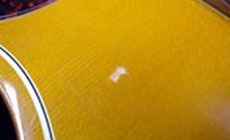
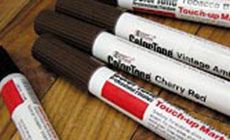
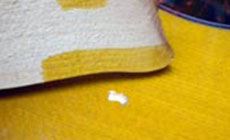
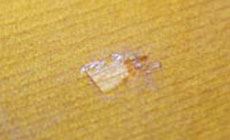
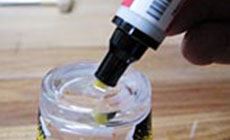
Bigger. Better. Buffer.
Newly redesigned, especially for lutherie: the StewMac Guitar Buffer
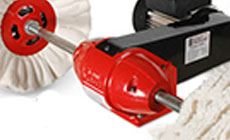
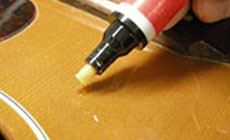
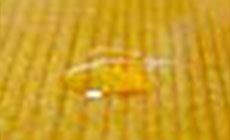
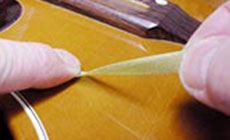
Big Brother will never know what happened.

